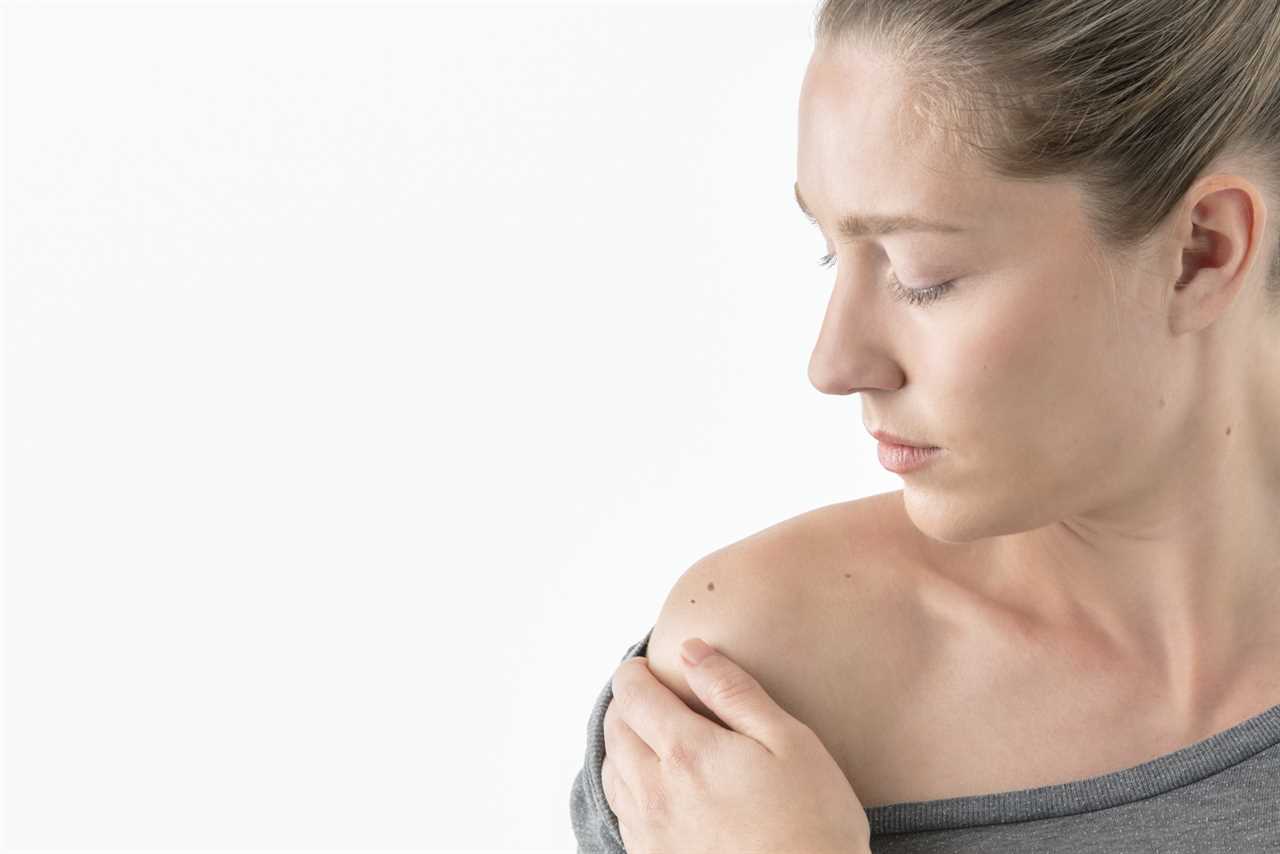SMARTPHONE skin scanners will be rolled out on the NHS to double the speed of cancer checks.
Tens of thousands of patients will be checked with a dermatoscope if they have a suspicious mole or spot.

A smartphone camera lens will be used to spot skin cancer in NHS patients from July
The 50p-sized gadget clips onto a phone and turns the camera into a microscope to provide doctors with high-quality photos without needing a hospital appointment.
More than 600,000 Brits had skin cancer checks last year and 56,000 needed treatment.
Health chiefs say the new system, starting at community diagnostic centres at GP surgeries from July, doubles the number of patients medics can check in a day.
They hope it will save on referrals, cut waiting lists and speed up treatment.
NHS England chief Amanda Pritchard said: “There is no denying that increased demand has placed huge pressure on services.
“Championing the use of digital technology and new ways of working is key to reducing waits.
“This is a small piece of kit that has the potential to speed up diagnosis and treatment for tens of thousands with skin cancer.”
Skin cancers are common and have very good survival rates, but certain types can turn deadly if not treated.
Melanoma causes around 2,400 deaths each year and the top symptom is a mole that has changed its shape, size, colour or texture – or started bleeding.
Nine in 10 patients survive but it is important to catch cases before cancer cells spread to other parts of the body.
Dermatoscopes will be rolled out to GP surgeries so patients in small towns and villages can get access.
The NHS will also start widespread use of an AI system to help docs assess a patient’s skin cancer risk.
Trials of the Deep Ensemble for the Recognition of Malignancy tech saw it prevent more than 10,000 unnecessary appointments.
Health Minister Helen Whately said: “This technology allows dermatologists to see double the number of patients in a day and by rolling it out across community diagnostic centres this will save lives.”






